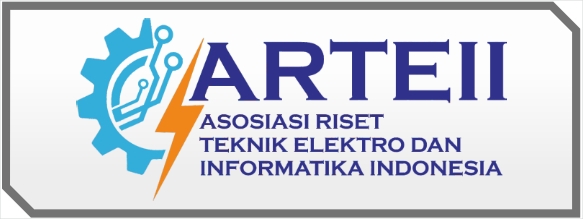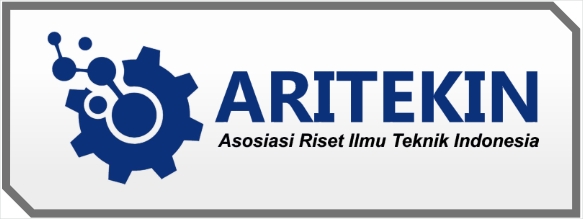Empowering Talent In The Age Of Artificial Intelligence: Innovations In Human Resource Management
DOI:
https://doi.org/10.55606/icesst.v1i2.383Keywords:
Talent Empowerment, Artificial Intelligence (AI) Innovations, Human Resource Management (HRM), Qualitative Research, Organizational StrategiesAbstract
In the dynamic landscape of Human Resource Management (HRM), the emergence of Artificial Intelligence (AI) technologies presents both challenges and opportunities. This research aims to explore strategies for empowering talent amidst AI innovations in HRM. The research adopts a phenomenological approach to delve into the lived experiences of HR professionals and employees within organizations integrating AI technologies. Through purposive sampling, data were collected via in-depth interviews and focus group discussions. Thematic analysis was employed to identify patterns, themes, and insights from the narratives. The findings reveal a nuanced understanding of how AI impacts talent management practices, including recruitment, training, performance evaluation, and career development. Moreover, the research elucidates the importance of human-centric approaches in leveraging AI to augment rather than replace human capabilities. These insights contribute to enhancing organizational strategies for talent empowerment in the era of AI-driven HRM innovations.
References
Braun, V., & Clarke, V. (2006). Using thematic analysis in psychology. Qualitative Research in Psychology, 3(2), 77-101.
Creswell, J. W., & Creswell, J. D. (2017). Research design: Qualitative, quantitative, and mixed methods approaches. Sage publications.
Davenport, T. H., & Ronanki, R. (2018). Artificial intelligence for the real world. Harvard Business Review, 96(1), 108-116.
Feher, A., & Ivens, B. S. (2021). Talent management and artificial intelligence: A systematic review and future research agenda. Human Resource Management Review, 31(2), 100748.
Kudyba, S., & Hopton, M. (2018). Predictive analytics, data mining and big data: Myths, misconceptions and methods. Springer.
Kusnanto, E. (2022). Performance Measurement Based on Balance Scorecard Perspective of Sustainable Leadership, Corporate Governance and Human Capital in Banking Industry. International Journal of Contemporary Accounting, 4(1), 41–58. https://doi.org/10.25105/ijca.v4i1.13916
Moustakas, C. (1994). Phenomenological research methods. Sage.
Palinkas, L. A., Horwitz, S. M., Green, C. A., Wisdom, J. P., Duan, N., & Hoagwood, K. (2015). Purposeful sampling for qualitative data collection and analysis in mixed method implementation research. Administration and Policy in Mental Health and Mental Health Services Research, 42(5), 533-544.
Parry, E., & Tyson, S. (2019). Managing talent in the digital age: Current issues and future directions. Human Resource Management Journal, 29(2), 177-193.
Van Laar, E., Van Den Bergh, H., & Midden, C. J. (2017). Tailoring persuasive electronic health strategies for older adults on the basis of personal motivation: Web-based survey study. Journal of Medical Internet Research, 19(8), e274.
Downloads
Published
How to Cite
Issue
Section
License
Copyright (c) 2022 The International Conference on Education, Social Sciences and Technology (ICESST)

This work is licensed under a Creative Commons Attribution-ShareAlike 4.0 International License.















